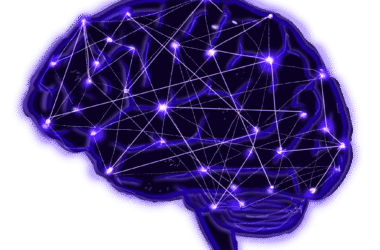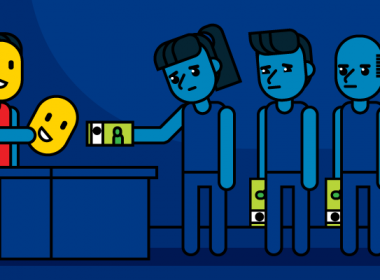Artificial Intelligence (AI) tools now shape how many students tackle tasks such as essay writing, problem-solving, and even brainstorming ideas. Across online platforms, users claim that their reliance on AI has compromised their vocabulary, writing abilities, and creativity, raising concerns about a weakening of cognitive skills overall. However, from a[Read More…]
Fact or Fiction
Fact or Fiction: Does taking Tylenol while pregnant cause autism?
If you have done any scrolling recently, whether on TikTok or a news feed, then you have likely seen that U.S. President Donald Trump claimed that using Tylenol during pregnancy can be “associated with a very increased risk of autism” in children, and that it is “not good.” His statement[Read More…]
Fact or fiction: Is your brain wired for a specific learning style?
You have likely encountered the idea that everyone learns best through a specific ‘learning style.’ Social media, classroom discussions, and even online quizzes often promote this claim, categorizing students as auditory, visual, writing and reading, or kinesesthetic learners. This conception sounds convincing, and after many years in the educational system,[Read More…]
Fact or Fiction: Do word games really keep your brain healthier?
Over the past few years, word puzzles and brain games have exploded in popularity. Most of us are familiar with the green, yellow, and grey squares of Wordle, acquired by The New York Times in January 2022, or have attempted to organize letters on a Scrabble board to no avail.[Read More…]
Fact or Fiction: Does money really buy happiness?
Many communities continue to live traditional lifestyles detached from money-based markets. Yet contrary to popular belief, they lead fulfilling lives and their mental well-being is comparable to individuals living in money-fueled societies. This prompts the age-old question of whether money truly buys happiness. In recent decades, people with more money[Read More…]
From the BrainSTEM: A COVID-19 vaccine is only as effective as it is trustworthy
As the COVID-19 pandemic continues into its eighth month, developments in the search for a potential vaccine have fueled hopes of a return to relative normalcy. Over 100 potential vaccine candidates are currently in various stages of human clinical or animal preclinical trials, as private companies and university researchers compete[Read More…]
Fact or Fiction: The truth behind multivitamins
Most people are familiar with the satisfying feeling of taking a multivitamin gummy. It’s a guilt-free treat that many assume to be beneficial to their overall health. Yet, from marketing schemes to conflicting scientific studies, there is no shortage of controversy surrounding the health benefits of multivitamin supplements. Vitamins are[Read More…]
Exploring the myth of device radiation
Phones have become an integral part of living in modern society. Used for practically every purpose, technology has consumed the lives of almost everyone with access to it. As human interactions with electronic devices increase, controversial debates over whether cell phones cause cancer have also emerged. The idea behind this[Read More…]
Fact or Fiction: The impact of hunting on animal populations
Hunting has often been suggested as an effective means of controlling animal populations. Yet, hunting can be beneficial in some instances and harmful in others. Hunting can actually help fund conservation: In the US, hunters generate millions of dollars for conservation efforts through excise taxes and licence fees. In Sub-Saharan[Read More…]
Caffeine: A brewing controversy
Caffeine—a stimulant that is actually classified as a drug—is a saving grace for many students during exam season, when coffee and energy drinks start to replace sleep. Although this particular lifestyle can’t be described as healthy, the extent of caffeine’s harm is debated. Scientifically speaking, there is a significant amount[Read More…]















